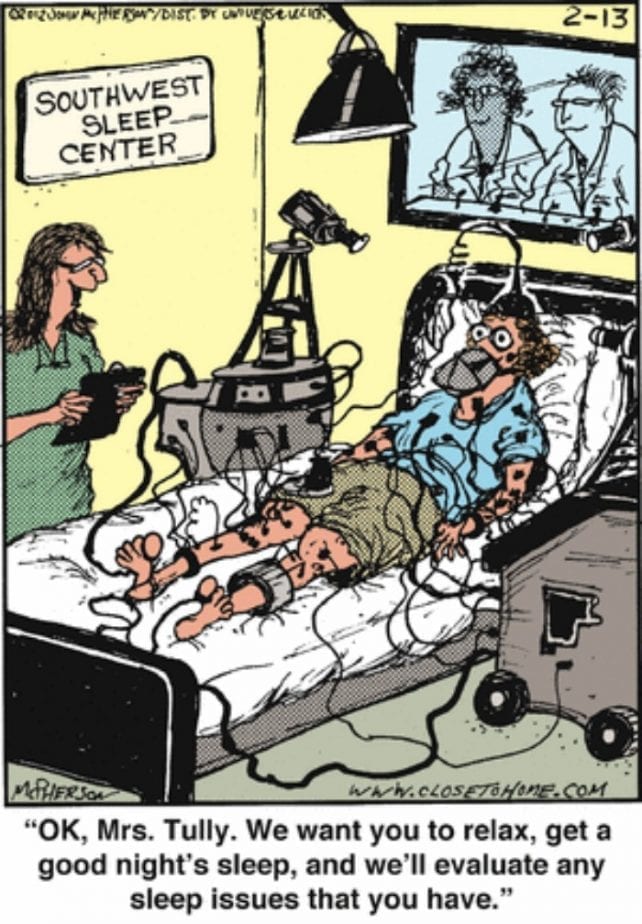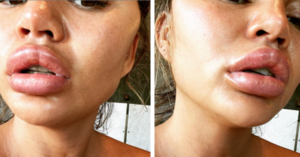This Syndrome Significantly Raises Your Risk Of Dying Early!
You want to know what one of the most boring things to talk about is? SLEEP APNEA. I can just mention it, and I see your eyes start to glaze over. This should not, however, be the case. According to a study by the University of Tennessee, sleep apnea raises the risk for some people as high as 86%!
Do I have your attention now? Sleep APNEA, by definition, means to stop breathing while asleep. Now, correct me if I’m wrong, but breathing is pretty important to, you know, LIVING.

This Syndrome Significantly Raises Your Risk Of Dying Early!
The most common type of sleep apnea is Obstructive Sleep Apnea. This is, to put it simply, where your throat closes up, or collapses, while you sleep. This can stop a person’s breathing from seconds to minutes. Now, the brain usually notices you’re not breathing, lightens your sleep (or sometimes wakes you up), and you start breathing again, usually with a loud snort or snore.
No biggie right? WRONG! This can happen several times an hour … like THIRTY (in extreme cases) times. Now, if it’s happening this often, not only is there a lack of oxygen to the brain, but this constant sleep/partial wake cycle is completely disruptive to the system. The side effects can be harsh. You know, like death.
So, now that I got your attention with the worst-case scenario (DEATH), let’s talk about other side effects. Chronic daytime sleepiness is a big one. You might think you’re going a bit crazy, because you’re always sleepy or flat-out tired. Some people even think they are a bit narcoleptic (Google it). You may not realize that you actually have sleep apnea, and it’s disrupting your sleep at night. It can lower your REM sleep, and actually make you chronically tired, disrupting driving, working, or plain old living.
It also has farther reaching effects. It can cause heart arrhythmias, which means your heart doesn’t beat right. For those not keeping up, THIS IS BAD. It can also lead to diabetes, strokes (it can also be caused by strokes), high blood pressure, and heart disease. Bad, bad, bad, and bad.
Sleep apnea can’t be diagnosed by just seeing a doctor or getting blood work done. You have to actually go have a sleep study done … and let me tell you, they are a blast (not really). People watch you sleep via a camera (not weird at all), and watch for things like sleep/wake cycle, jerking of extremities, oxygen flow, and I can’t even tell you what else (but the hidden people behind the camera know what to look for). You are completely wired up, and it’s not comfortable, BUT it’s only one night, and that one night might help you the rest of your life.

Yes, you may have to wear one of those super-sexy c-pap machines to sleep, but at least you’ll be … what’s the word I’m looking for … ALIVE!
If you have any gut feelings that you or someone you know has this problem, educate yourself. Talk to a doctor. Don’t just sit on the problem, and push it under the rug. It could be your life you’re playing with.
(My disclaimer: I am, by no means, a doctor. I only speak from experience, and what I’ve learned through the diagnosis process. Please, seek a professional for advise or answers.)







I just got diagnosed and most insurance companies now have you do an at-home version very easy and more comfortable.